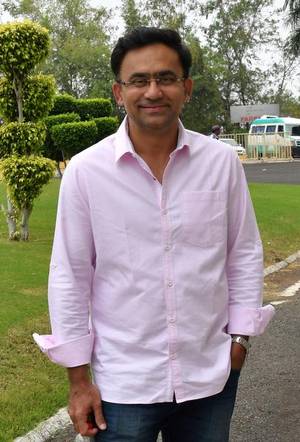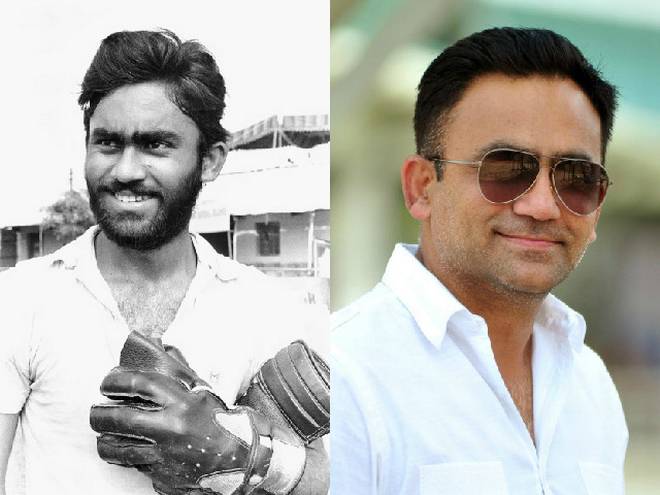Patna, BIHAR / Mumbai, MAHARASHTRA :

Says the BCCI’s aim is to have more umpires in the ICC Elite panel
It’s been almost three months since Saba Karim, the former India wicket-keeper-batsman, took over as the BCCI’s general manager – cricket operations.
One of the biggest challenges he has is to ensure umpiring standards, especially in domestic cricket, improve. At a time when the BCCI is being forced to re-conduct umpiring examinations due to goof-ups of the operations department last year, Karim opens up in a chat with The Hindu.
Excerpts:
Despite the umpires academy in place for over a decade now, the quality of Indian umpires continues to be questionable. Is it time to have a re-look?
We are doing that. We do have our regular training workshops. In the end, we need hard-working professionals to come into this field. We are trying to put in some stringent and transparent measures so that the best candidates come out of it. That is why we may redesign our Level 1 and Level 2 examinations so that we get the possible candidates. That’s in the pipeline. Very soon you will hear from us.
Starting with the just-concluded season, 23 of the 40 domestic umpires are supposed to retire in three seasons. How do you plan to maintain — if not raise — the standards in domestic cricket?
It’s not about maintaining. It’s about evolving. We have to raise our standards. That is one point that we will discuss with our umpires during the workshop. Umpiring standards have to go up.
That is how we can have more footprints at the international level. The BCCI’s aim is to have more umpires in the ICC Elite panel. Right now we have five (four international, one Elite) and we do have some very good young umpires coming through.
The reports from the exchange programmes with ECB and CSA have been wonderful. Last year, some of our umpires did fairly well in IPL. Going forward, that is what we want to do, to have more and more umpires at the international level.
We need to have a solid education pathway for them, need to update them all the time, there has to be upgradation and faculty development all the time and then the exams that we conduct have to be transparent.
Will involving more former players as umpires help?
We are open to that, but they have to go through the entire process. It is quite similar to coaching. Just because you have played the game does not mean you will be a good coach. Same stands for umpiring. We are extremely open to First-Class or international cricketers getting into this role. It is tough work, so they’ll have to consider it.
Are former cricketers not attracted towards umpiring because it is not as lucrative as it should be, especially at the domestic level?
We will try and make it lucrative for them. Try and make it possible for First-Class cricketers to get into this profession. It is a highly demanding and a respectable profession, but you are right. We’ll have to work something out.
Cricketers’ match-fees have been revised but that for the other staff — umpires, scorers and video analysts — is still pending.
It is a decision that is taken by the top management. They are aware of the fact that something should be done about it and I am sure they will look into it.
source: http://www.thehindu.com / The Hindu / Home> Sport> Cricket / by Amol Karhadkar / Mumbai – March 21st, 2018









